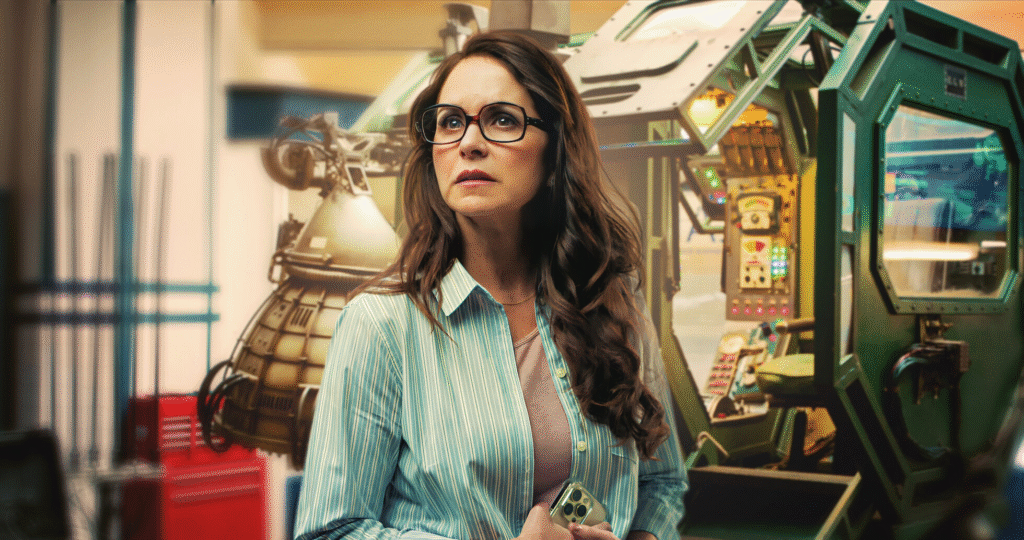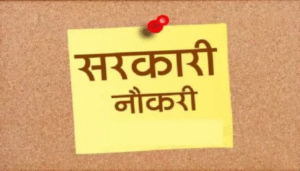Navigating Eras and Expectations: An Examination of Netflix’s Our Times
Netflix’s Our Times (Nuestros Tiempos) offers a charming, if at times uneven, foray into the romantic science-fiction genre. Directed by Chava Cartas, this Mexican film takes a classic time-travel premise and infuses it with contemporary discussions on gender roles, societal shifts, and the evolving nature of love. While not without its narrative flaws, the movie distinguishes itself by focusing less on the mechanics of time travel and more on the human element of adapting to a drastically changed world, particularly for a couple deeply rooted in the 1960s.

A Leap Through Time, A Shift in Perspective
The film’s core premise is immediately engaging: Nora (Lucero) and Héctor (Benny Ibarra), brilliant married physicists in 1966 Mexico, accidentally catapult themselves into the year 2025. Their initial reactions to modern technology – from smartphones to public transportation – provide a delightful “fish-out-of-water” comedy, played with genuine bewilderment by the lead actors. However, Our Times quickly moves beyond mere comedic antics. It delves into the profound societal transformations that have occurred over six decades, particularly concerning women’s rights and gender dynamics. Nora, a woman who struggled to gain recognition and resources in the male-dominated scientific field of the 1960s, finds herself in a 2025 where her talents are celebrated, and opportunities for women are vastly expanded. This stark contrast forms the emotional backbone of the narrative.
The Evolution of a Relationship in a New Era
The most compelling aspect of Our Times lies in its exploration of how these societal shifts impact Nora and Héctor’s seemingly perfect 1960s marriage. As Nora flourishes in a world that embraces her intellectual prowess and independence, Héctor struggles to shed his ingrained patriarchal views. His initial support for Nora’s career, considered progressive in 1966, comes with an underlying expectation of shared credit and traditional gender roles. In 2025, these outdated notions clash directly with Nora’s newfound freedom and self-awareness. The film bravely confronts the uncomfortable truth that a relationship considered ideal in one era might become restrictive in another. This conflict, though sometimes handled with a broad brush, offers a bittersweet meditation on personal growth and how relationships must adapt or fracture under changing circumstances.
Strengths, Stumbles, and the Bittersweet Ending
Lucero and Benny Ibarra deliver engaging performances, showcasing a believable chemistry that makes their initial love story easy to invest in. The film’s early exploration of their wonder and confusion in 2025 is a highlight. However, Our Times does face criticism for its uneven pacing and certain narrative choices, particularly in its third act. Some argue that Héctor’s sudden shift into a caricature of a “men’s rights” advocate feels jarring and detracts from the nuanced exploration of gender roles. The compact 90-minute runtime, while making for a breezy watch, also limits the depth to which some of these complex themes can be explored, leaving certain character arcs feeling rushed or underdeveloped. Despite these critiques, the film’s willingness to tackle relevant social issues within a romantic comedy framework is commendable, offering a unique perspective on time travel as a catalyst for self-discovery and relationship re-evaluation.
Ultimately, Our Times is a charming and thought-provoking film that offers more than just sci-fi spectacle. It’s a testament to the enduring power of love, but also a poignant reflection on how personal identities and relationships are shaped by the times we live in. It may not be a perfect film, but its engaging premise, strong lead performances, and courageous exploration of societal change make it a worthwhile watch on Netflix.




















